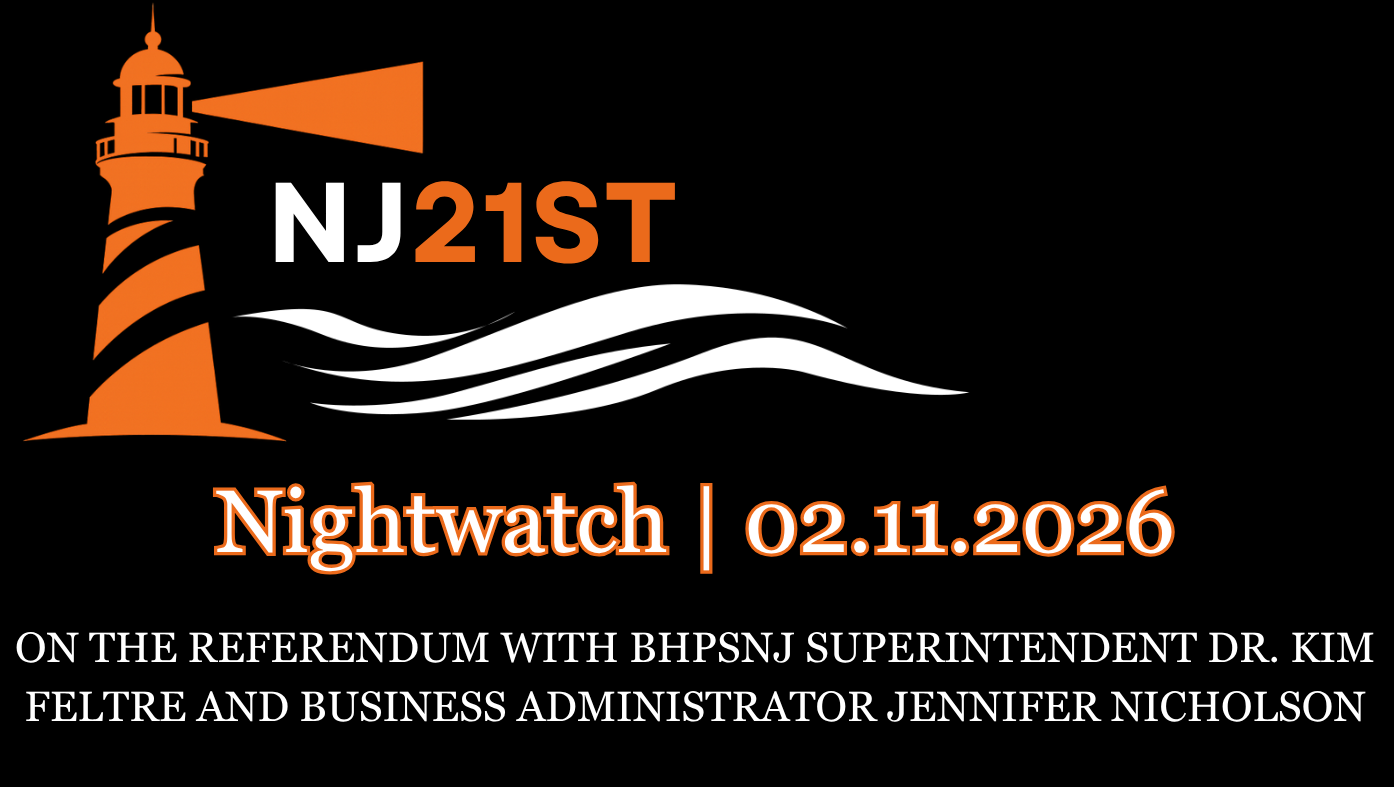Since May, NJ21st has provided comprehensive, in-depth coverage of the question residents will likely be asked to answer this November: Should Berkeley Heights sell its sewage plant?
The last two articles offered a deep dive into the Request for Bids and the series of addenda issued in June and July.
Since their publication, we’ve received emails from Berkeley Heights community members offering feedback and raising additional concerns.
One expressed worry over the inevitability of monopoly and the long-term cost of capital:
“The basic problem is that after a while it becomes an unregulated pure monopoly. What do you think happens in that situation?
The other problem is cost of capital. The town can issue municipal bonds at a lower rate than a private company can. The ratepayers are Berkeley Heights property owners who then wind up paying for the bonds through higher rates.”
Once the system is sold, there’s no real competition—just one company in charge, with no local control. And because private companies borrow at higher interest rates than towns do, residents could end up footing the bill through increased sewer rates for years to come.
Another email expanded on those concerns, raising additional issues around financing and long-term costs that have not been addressed by the Mayor or Council:
“It is difficult for me to understand how this is good for taxpayers.
Assuming that one has to make significant repairs (and I don’t know if that is a correct assumption), then one has to come up with the capital to do that.
Presumably, whoever buys the plant will have to issue debt to do that. It seems to me that this debt is not the same as municipal debt, which pays tax-free interest. If it’s not tax-free, then the bondholders get a higher rate.
In any case, the investors in the company will demand a return on capital—something that current BH taxpayers are not on the hook for. So just looking at capital costs, they must be higher than what we have now.
I think the voters are going to need some answers on how this saves us money before we approve it.There is also the issue of deductibility on federal taxes. As the sewer costs are built into the property tax bill, they are deductible on federal tax. If privately owned, I don’t think they are deductible.”
Together, these emails add an important question to the already long list of concerns about the proposed sale:
Will this deal actually save residents money, or simply shift costs in a way that’s harder to see—while leaving residents with a higher bill?
From the higher interest rates private companies pay, to the loss of federal tax deductibility, to the returns investors expect to earn, the public deserves a full and transparent accounting before any vote is held.
With a referendum approaching, our community deserves clearer answers—not just marketing materials from tax-funded public relations firms.
Berkeley Heights offers a critical case study of what towns across America are facing as private entities seek to take control of public infrastructure and services.
This story matters-not just here, but everywhere.
NJ21st does not profit from its content, does not accept money for campaign or business advertisements and is not run by a corporation. We are the only independent news source for Berkeley Heights, NJ and many Surrounding Communities. We welcome content from ALL residents, regardless of political affiliation as long as they work or reside in the 21st District and abide by our terms.
Read More Articles on Water and Sewage Privatization
Subscribe to NJ21st For Free
Our Commitment to Ethical Journalism
|



